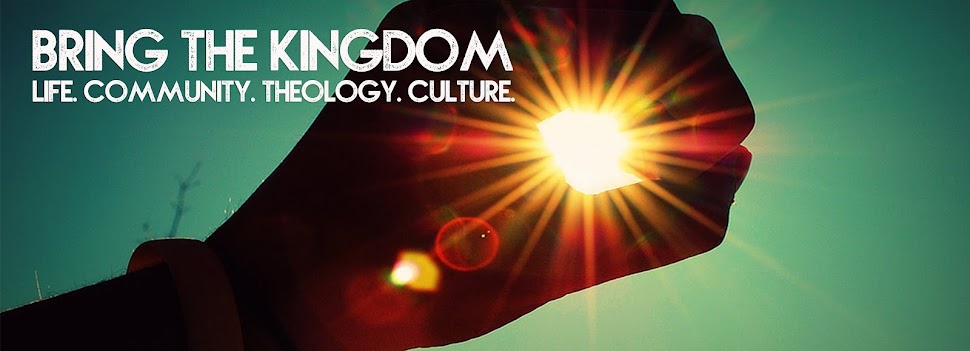Jesus said, “I say to you that everyone who is angry with his brother will be liable to judgment; whoever insults his brother will be liable to the council; and whoever says, ‘You fool!’ will be liable to the hell of fire. So if you are offering your gift at the altar and there remember that your brother has something against you, leave your gift there before the altar and go. First be reconciled to your brother, and then come and offer your gift.”
Later on he also gave this instruction: “If your brother sins against you, go and tell him his fault, between you and him alone. If he listens to you, you have gained your brother. But if he does not listen, take one or two others along with you, that every charge may be established by the evidence of two or three witnesses. If he refuses to listen to them, tell it to the church. And if he refuses to listen even to the church, let him be to you as a Gentile and a tax collector.” Matthew 5:22-24, 18:15-17
As the body of Christ it appears that we suck at following these instructions.
We take our grievances to everyone except the one who has wounded or offended us. We gossip and slander. We fail to give the benefit of the doubt. We most certainly don’t give the offender the opportunity to defend himself or make things right. And we now seem to be offended and wounded by just about anything and everything. This is not the way of Christ.
Jesus told the disciples, “The world will know you are my disciples by your love for one another.”
Peter said, “Love covers over a multitude of sins.”
John put it very simply: "We love because he first loved us."
Paul told the Corinthians that “love is not easily offended or provoked… Love keeps no record of wrongs.”
Love is not easily offended. But we are.
Love keeps no record of wrong. But we do.
Following Christ is often manifested in the things you no longer choose to partake in: sexual immorality, drunkenness, idolatry. Those are the "no-brainers." But it’s also about no longer partaking in slander, gossip, bitterness, resentment, and unforgiveness. Those are the hard ones! But that’s what the love of God demands.
Love has hard conversations.
Love realizes that pride is the enemy.
The invitation from Jesus is not, "Believe in me," but, "Come, follow me."
Some believe but don't follow. No one follows without believing.
Jesus said, "Go and make things right. Go and seek reconciliation. Go and extend the grace and mercy that you yourself have been extended." Leave your gift at the altar - save your songs for later - and go be reconciled to your brother. This is worship in the sight of the Lord.
The hard way is to "Go." The easy way is to leave.
Pride says, "I've been hurt and wounded and wronged. I'm out. I'm gone."
Humility says, "I will walk across fire to see the Lord restore me to my brother or sister."
Paul said, "Love does not rejoice at wrongdoing, but rejoices with the truth." If we make assumptions and don't seek to know the truth, we are essentially rejoicing in wrongdoing. To use a better translation: We are delighting in evil. Ouch.
We must cast off and repent of our desire to curl up with our bitterness. It's not a warm blanket; it's an evil enticement. And it will eat us from the inside out and tear down the Body of Christ. To be clear: Unforgiveness is tearing down the Body of Christ!
We must do the hard work of going to our brother or sister, bearing our soul and confessing our wounds, and seeking reconciliation, restoration, and forgiveness.
We must cease just believing and actually start following the one who "bore our shame in his body on the tree." He doesn't demand we come. He invites us to follow. He's clear that the road is hard and narrow and runs completely counter to the instincts of our flesh. The road actually leads to death. Our death. Death that leads to new life. New life that bears the beautiful fruit of forgiveness.
I pray that you and I can taste that fruit today.




